The Legion of Honour, full name National Order of the Legion of Honour, is the highest French order of merit for military and civil worthiness that was established on May 19, 1802, by First Consul and one of the worlds’ most military geniuses: Napoleon Bonaparte.
And what a story he told indeed. I had the pleasure of interviewing Harry Sanders at his beautiful home in Tillsonburg. Harry explained how he attended a private school in England. At eighteen he would have been conscripted to either fly a plane or drive a tank and he didn’t want to do either. With his love for water, Harry had to be at sea.
In war, all merchant ships had to maintain a 24 hour radio watch, requiring three radio operators (during peace time only one radio operator was needed). Harry took a six-month radio course where he graduated from the Maritime School of Wireless, South-Shields England as a Third Class Radio Officer. The course was intensive and included dismantling a transistor radio and taking and receiving Morse code at 125 letters per minute; equivalent to typing 65 words a minute.
Three days after passing his exam, Harry was called to the Merconi Company office where he was assigned to the S.S. Barrgrove. The merchant ship was already out in the harbour. Once aboard, Harry reported to the Captain. The ship set sail the following day. During war time, Captains did not know their destinations until they were at sea. The S.S. Barrgrove was one of a 45 ship convoy traveling in six columns, seven ships deep along with two Canadian Corvettes (anti-submarine convoy escorts) travelling at five knots. On the second night a ship was blown up by a sea mine.
Once the S.S. Barrgrove arrived in Lisbon to pick up a supply of ore; used to make helmets; it headed to Gibraltar to meet another convoy of 84 ships. In this convoy seven ships were torpedoed and German planes attacked the rest. Three ships went down one just in front of the S.S. Barrgrove. The sea around the ships was engulfed in a fiery ball. Ships leaving the area could not stop to rescue survivors in the water as they too would become victims of the next attack. The S.S. Barrgrove eventually returned to England.
At eighteen, Harry had his first experience of the horrors of war. However, it would become much worse. The second ship Harry was assigned to was the S.S. Domine; an old ship that should have been in the salvage yard. However, during the war, anything that floated and had an engine was fit for duty. The S.S. Domine left with a convoy of 52 ships, two corvettes heading for the Cape of Good Hope, South Africa. But with a speed of 4 knots, the S.S. Domine fell far behind the convoy by the time they reached Bay of Biscay, between France and Spain. Three days later the engine died and the ship drifted alone all day. Since radio communications could not be used, they were not able to contact another ship.
Harry recalled that at 1:21 a.m. there was a tremendous explosion and he was thrown outside his cabin. The S.S. Domine was struck by a torpedo. Harry crawled in the control room to ty to send an SOS but the transmission was damaged. He then grabbed the Admiralty codebooks, dumped them into a metal box and threw it into the Atlantic Ocean with himself in tow. Swimming from the sinking ship to be away from the gravitational pull, Harry reached a floating raft and hung on while watching the ship sink beneath the waters along with twenty officers and crew.
Harry and nine others were the sole survivors who all clung to the raft. Harry reported that when a ship is torpedoed, few lifeboats survive. As a result, rafts are fitted on the main and aft masts to float free when released. These rafts had scanty survival kits.
The dishevelled group with varying degrees of injuries all fell into the water at first light, when the German U boat that had torpedoed their ship the night before, surfaced 100 feet from the raft. Despite the captain’s questions left unanswered, he told the group they were close to the coast of Serra Leone, wished them well and sunk silently beneath the surface of the water. Harry was very grateful to that German Captain who showed mercy to the survivors and provided them with hope.
Due to little food, rationing of the limited water supply, no shelter from the cold nights and the scorching sun during the day. Two or three men died during the night and one man threw himself overboard knowing it would be hard to survive with his injuries. There were now only two survivors left on the raft, Harry being one of them; he thought it was the end.
Nevertheless, Harry woke up in a hospital bed. He had a dislocated shoulder and third degree burns on his face, hands and lips but he was alive. He does not remember what happened to the other man on the raft. He was the sole survivor found washed up on a Freetown beach off the coast of Sierra Leone by a local fisherman. After spending fifteen days in hospital, Harry returned to England. Five days later he was deployed to another ship.
In total, Harry Sunders was a Radio Control Officer on eleven ships. In 1944, he attended the Royal Navy Training School where he was trained to liaison with aircrew using wireless telephone. After passing his second F.C.C. certification of proficiency in radiotelegraphy, Harry became a First Class Radio Officer. It was onboard the M.V. Monowie ship that would earn Harry the Legion of Honour Award.
Harry recalled that on June 6, 1944 at 5:30 a.m., landing nets were dropped over the sides of the M.V. Monowie to land G.I.’s on Omaha Beach. While standing on the bridge, Harry witnessed the carnage that would become the largest amphibious attack in history.
The Battle of Normandy ran from June 1944 to August 1944, codenamed Operation Overload. The battle began on June 6, 1944. Known as D-Day, or Deployment Day, 156,000 American, British and Canadians troops landed on five beaches: Utah, Omaha, Gold, Juno and Sword which ran along a 50-mile stretch of heavily fortified beach in France’s Normandy region.
Germany took 4 years to build their Atlantic Wall. They sowed impregnable
belts of beach obstructions designed to prevent any landing craft from reaching
shore. They build indestructible pillboxes, meters cement think. Positioned them
on the cliff covering the beach so machine gunners could fire lengthwise down
the beach, the killing ground. They were also able to drop a continues barrage
of bursting artillery above the enemy huddled below at the face of the cliff.
This was Omaha Beach! (From WWII at Sea)
On August 25, 1944, the Allies liberated France which helped paved the way for allied victory in Europe. On September 2, 1945, WWII finally ended.
| To honour the courage and sacrifice of those who served in the Battle of the Atlantic, the Royal Canadian Mint made the special 75th Anniversary of the Battle of the Atlantic $2 coin in 2016. | To "honour the solidarity, bravery and sacrifice of Canadians who fought together to take Vimy Ridge," the Royal Canadian Mint commemorated the 100th Anniversary of the Battle of Vimy Ridge with a limited edition $2 circulation coin in 2017. |
Post by Administrator on May 24, 2013 at 10:53 am
Let those who come after see to it that his name be not forgotten.”
No crosses mark the ocean waves;
No monuments of stone.
No roses grow on sailor's graves,
The Sailor rests alone
His tributes are the sea gulls' sweeps,
Forever wild and free . . .
And teardrops that his sweetheart weeps
To mingle with the sea
Anon
Many remain without commemoration.
(From Message Board: Her Name WasTregenna)
While writing this blog I once again visited this website and found that there is a campaign by the Battle of Atlantic Memorial to build a national memorial to commemorate the 100,000 people who died in the Battle of the Atlantic as well as those who served and survived. According to the feed, the 91 feet monument is expected to be placed on the Pier Head in Liverpool and is designed by sculptor Paul Day, who also created the Battle of Britain monument in London. The goal is to unveil the monument in 2019 which will mark the 80th anniversary of the start of the Battle of the Atlantic and the beginning of World War Two.
Sadly, WWII did not end all wars. WWI was supposed to be the Great War to do that. Today, many lives continue to be lost to and for wars.
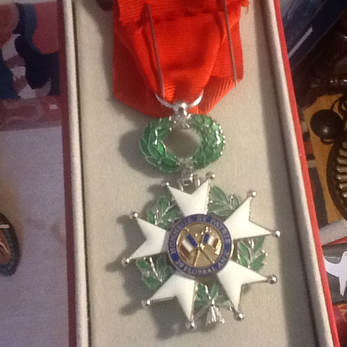
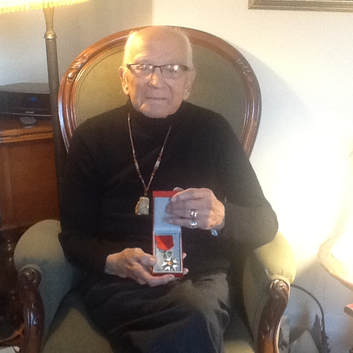
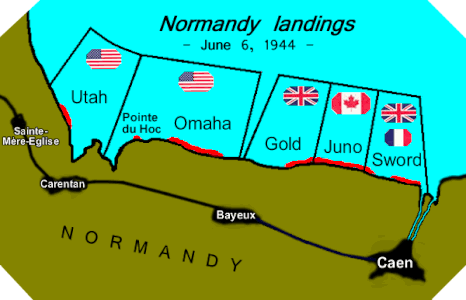
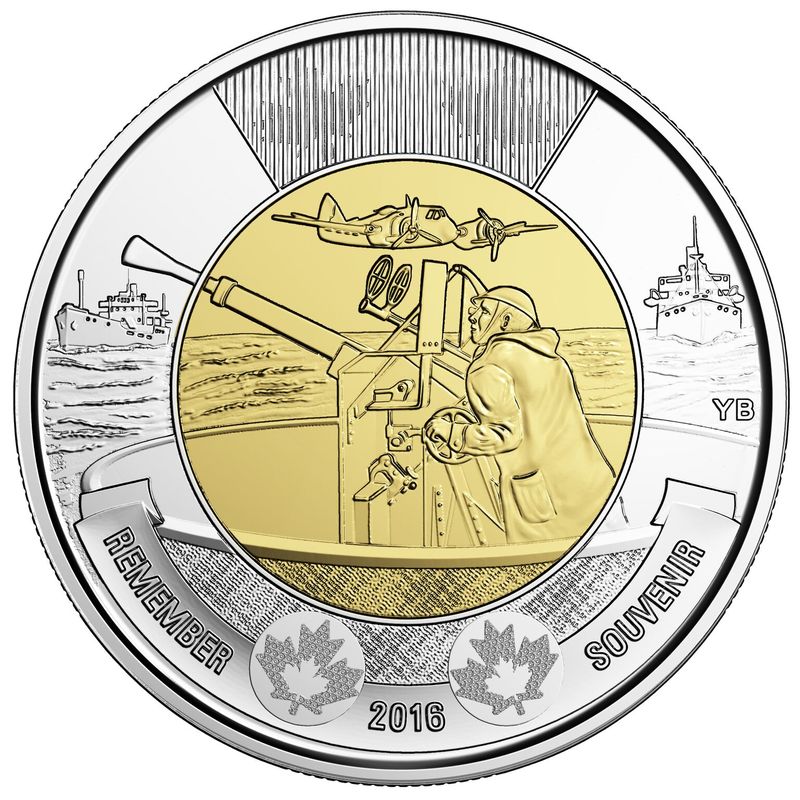
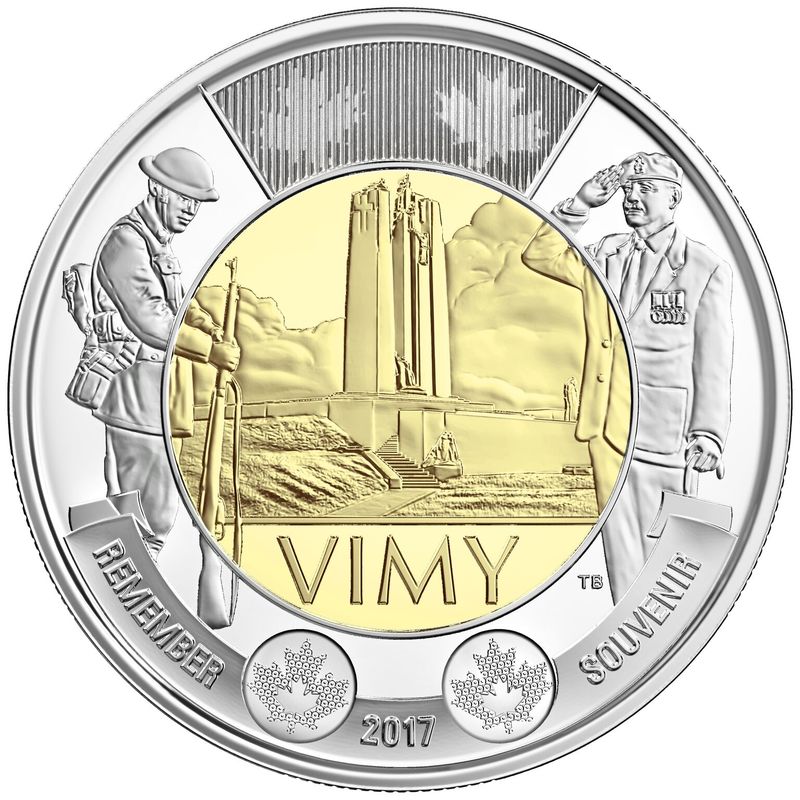
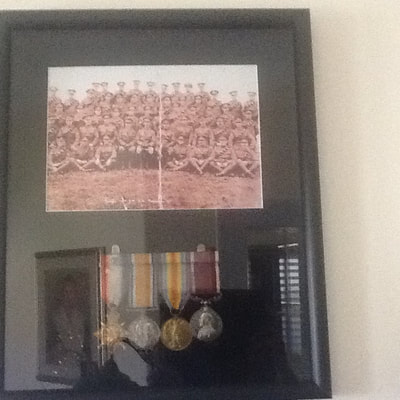
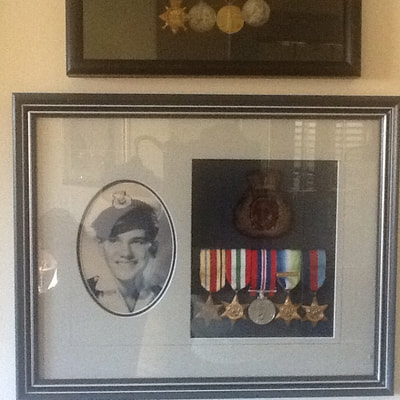
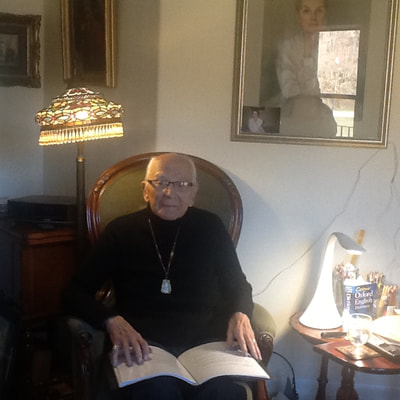
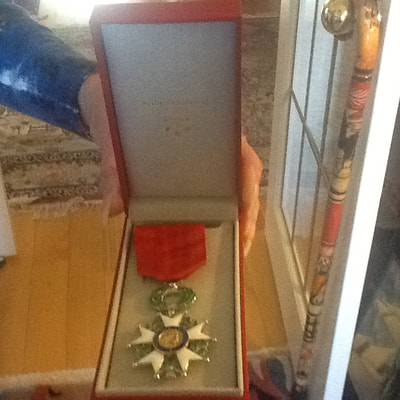
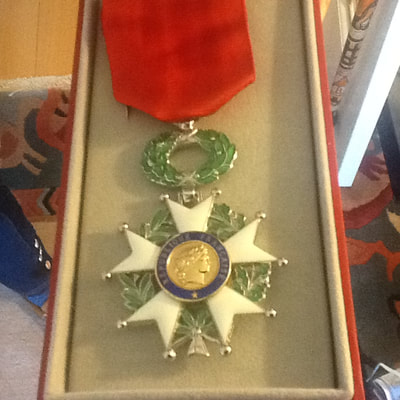
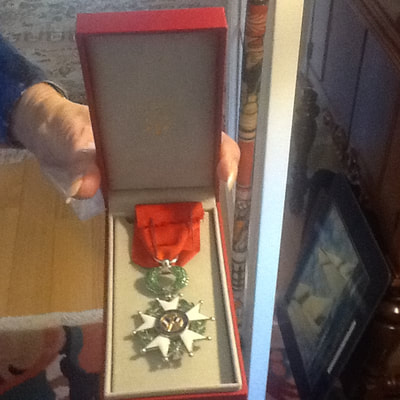
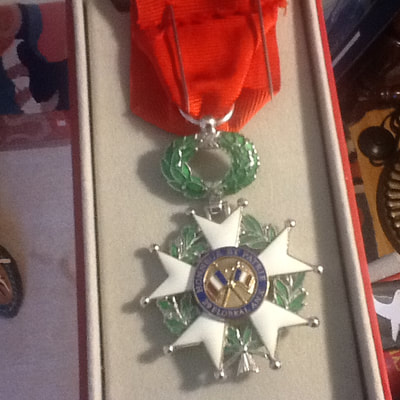
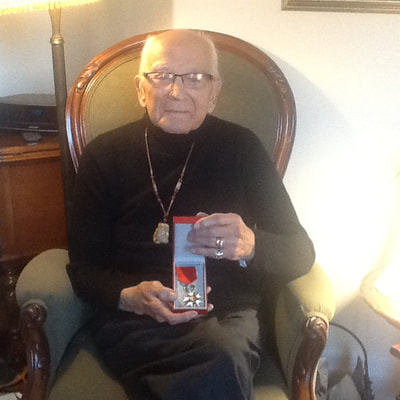
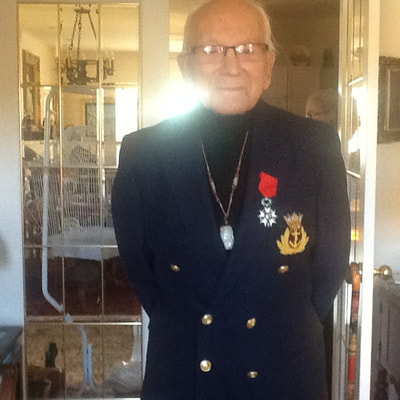
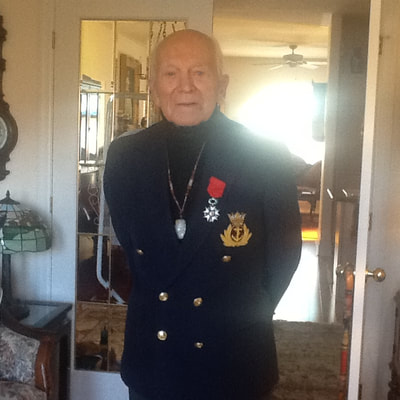
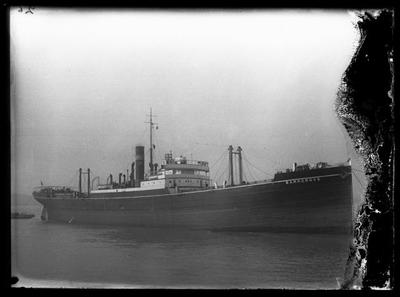
 RSS Feed
RSS Feed
